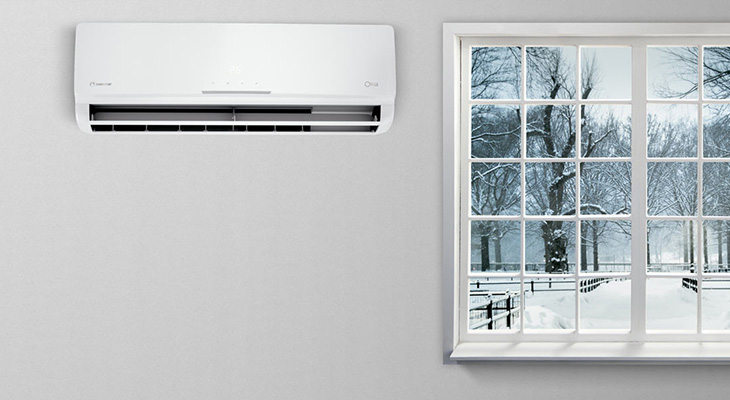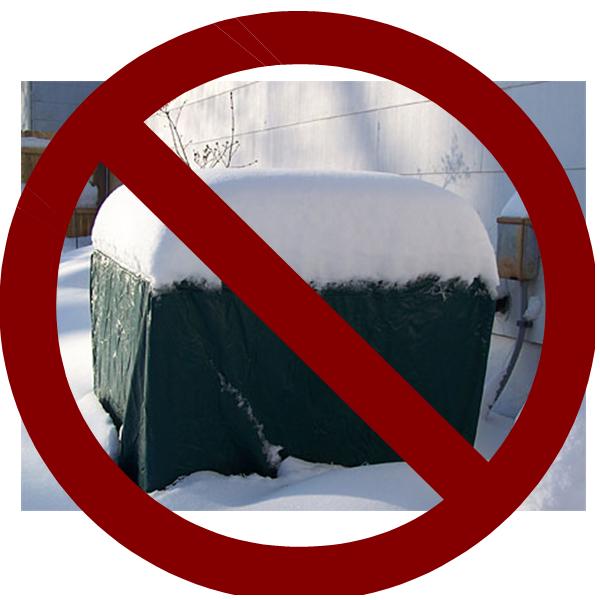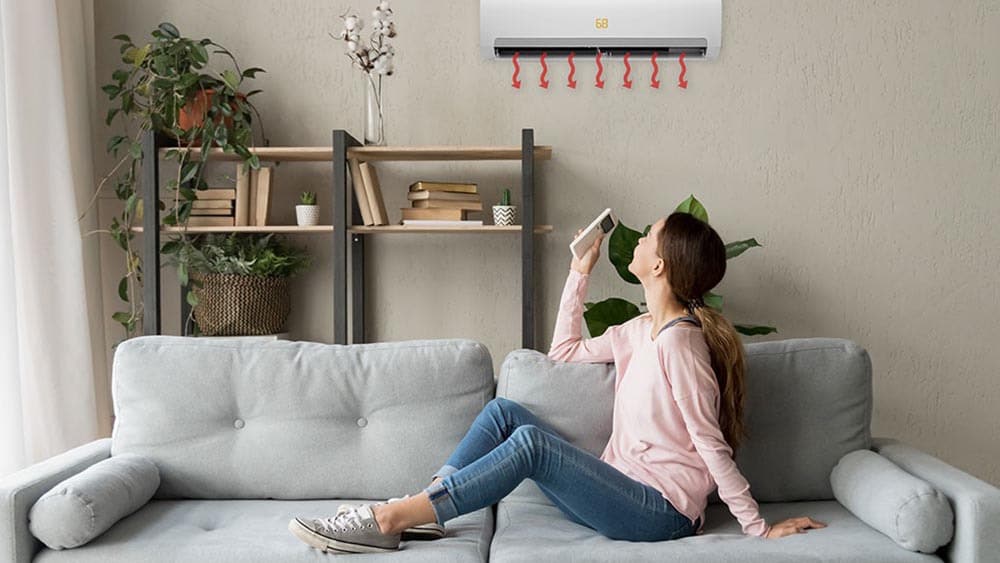Yes, you can use an air conditioner in winter. It can function as a heater or dehumidifier.
Air conditioners are versatile appliances that can be useful year-round. In winter, they can provide heating by reversing their cooling process. This function, known as a heat pump, draws heat from outside and releases it inside. This makes them efficient for maintaining a comfortable indoor temperature.
Air conditioners also help in reducing indoor humidity levels, which can be beneficial during the damp winter months. Regular maintenance ensures optimal performance and energy efficiency. Using an air conditioner in winter can enhance your indoor comfort and contribute to better air quality.
Page Contents
Using Air Conditioner In Winter
Air conditioners can also heat your home in winter. They have a heat pump function to provide warmth. This can be energy-efficient and cost-effective. You don’t need to buy a separate heater. It saves space and money. Some air conditioners can maintain a constant temperature. This keeps your home comfortable. Using one device for both heating and cooling is convenient.
Many think air conditioners are only for cooling. This is not true. They can also heat your home. Some people believe it wastes energy. This is a misconception. Modern air conditioners are very efficient. Another myth is that it will break the air conditioner. Using it in winter is safe. Air conditioners are built to handle both seasons. They work well in both summer and winter.

Credit: www.inventorairconditioner.com
Temperature Control
Set the air conditioner to a temperature above 60°F. This prevents the unit from freezing. Maintaining a consistent temperature is crucial. It helps in avoiding unnecessary wear and tear. Energy-efficient models are best for this purpose. They consume less power. Ensuring proper insulation also helps. It reduces the strain on your air conditioner.
Use a programmable thermostat for better control. It allows you to set different temperatures for different times. Sealing windows and doors can save energy. It prevents heat loss. Regular maintenance is essential. Clean the filters and check for any leaks. This improves the efficiency of your unit.
Dehumidifying Benefits
Air conditioners help reduce indoor humidity. Lower humidity makes the home more comfortable. Using the air conditioner in winter helps in homes with high moisture. High moisture can make rooms feel colder. Reducing humidity makes heating more efficient. This also helps in saving on energy bills.
High humidity can cause mold growth. Mold can damage walls and furniture. It can also affect health, especially for kids. Using the air conditioner helps to keep humidity low. This prevents mold from growing. Keeping rooms dry is important for healthy living. An air conditioner helps in achieving this.

Credit: trusthomesense.com
Improving Air Quality
Air conditioners can improve air quality with their filtration systems. These systems remove dust, pollen, and other particles from the air. This makes the indoor environment cleaner and healthier. Modern units come with advanced filters that trap even the smallest particles. Keeping the filters clean is important for the best results.
Allergens like pet dander and mold spores can cause problems. Air conditioners help reduce allergens in the home. This is especially useful for people with allergies or asthma. Filters in the unit capture these allergens, making the air safer to breathe. Regular maintenance of the unit ensures it works efficiently. This helps in keeping indoor air quality high.
Cost Considerations
Running an air conditioner in winter can increase energy bills. Consider the efficiency and cost before using it for heating. Ensure your unit’s suitability for cold weather to avoid unnecessary expenses.
Energy Bills
Using an air conditioner in winter can increase your energy bills. Air conditioners need more power to heat your home. This can lead to higher electricity costs. Make sure to check your budget before using the air conditioner.
Maintenance Costs
Regular maintenance of your air conditioner is important. It can help prevent breakdowns. Maintenance costs can add up over time. Scheduling regular check-ups can keep your unit running well. Clean filters and check parts for any issues.
Maintenance Tips
It’s important to keep the air conditioner clean. Dust can clog the filters. Dirty filters reduce efficiency. Clean the filters every month. Use a soft brush or vacuum. Clean the exterior unit too. Remove leaves and debris. This ensures proper airflow.
Hire a professional for servicing. They check for issues you might miss. Professionals clean the inside parts. They ensure the unit runs smoothly. Regular servicing extends the unit’s life. It also prevents unexpected breakdowns.
Potential Downsides
Running an air conditioner in winter may cause additional wear and tear. The components are designed for cooling, not heating. Using it in cold weather can strain the system. This could lead to more frequent repairs. The machine may also lose efficiency over time. Parts like compressors and fans might wear out faster. Regular maintenance is crucial to prevent damage.
Air conditioners have limits on temperature settings. They might not work well in very cold conditions. The system could freeze up or malfunction. This can result in higher energy bills. The unit may struggle to maintain the desired temperature. Thermostat settings are also less reliable in winter. Proper insulation and alternative heating methods are recommended.

Credit: adk.co.uk
Expert Recommendations
Air conditioners can be used in winter to regulate indoor humidity and improve air quality. Switching to heat mode helps maintain a comfortable temperature.
When To Use
Many people wonder if they can use their air conditioner in winter. Experts say it is possible. Air conditioners can help control humidity and circulate air. This keeps your home comfortable even during cold months. But it is important to use it wisely. Set the temperature higher than outside. This prevents the unit from working too hard. Also, make sure your air conditioner is in good condition. Regular maintenance helps it run smoothly.
Alternative Solutions
There are other ways to stay comfortable in winter. Space heaters can provide extra warmth. They are easy to move and use. Humidifiers add moisture to dry air. This helps with breathing and skin issues. Ceiling fans can also help. Set them to run clockwise. This pushes warm air down. Electric blankets are another good option. They keep you warm at night. All these solutions work well with an air conditioner.
Conclusion
Using an air conditioner in winter can be practical for heating and maintaining comfort. Modern units offer efficient heating options. Ensure regular maintenance for optimal performance. Consider energy-efficient models to save on utility bills. Understanding your unit’s capabilities enhances comfort and cost-effectiveness during colder months.
Stay warm and enjoy a cozy winter indoors.
